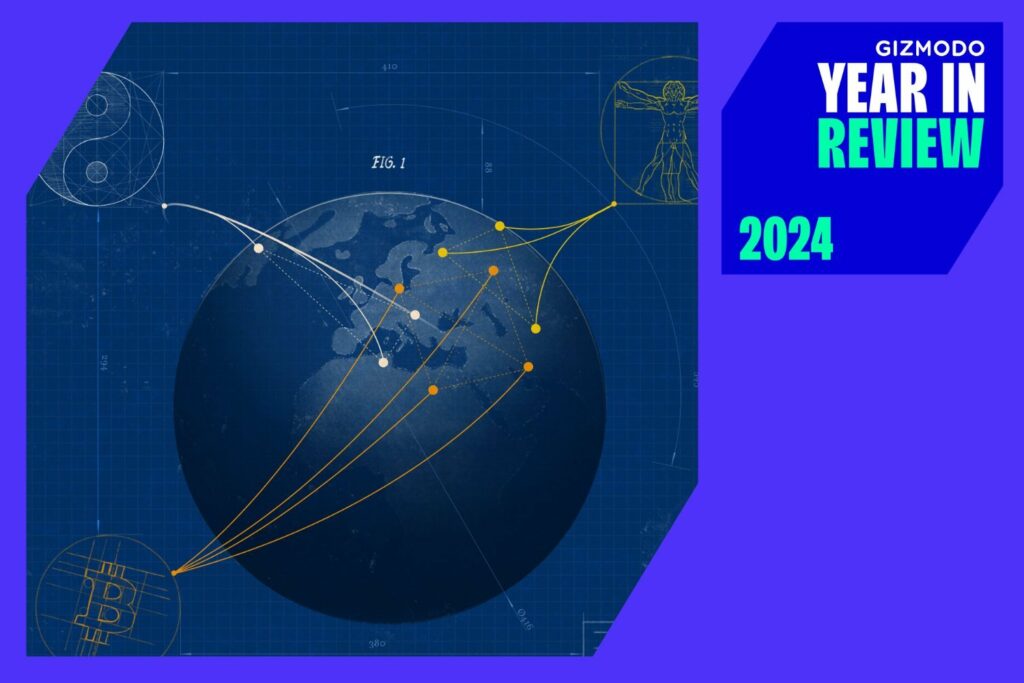
Worst New Trend of 2024: Techno-Colonialism and the Network State Movement
In a year marked by unprecedented advancements in artificial intelligence, blockchain technology, and decentralized networks, it’s disheartening to report that one of the most insidious and regressive trends has emerged: techno-colonialism. This pernicious phenomenon is intertwined with the network state movement, which promises to reshape the very fabric of our global society.
The concept of techno-colonialism is straightforward yet terrifying in its implications. It involves the exploitation of underdeveloped nations and communities by wealthy tech companies, governments, or individuals who use their influence to impose their own technological agendas, values, and belief systems on these societies. This can manifest in various forms, from forced adoption of new technologies to the manipulation of local economies through AI-powered financial instruments.
One of the most egregious examples of techno-colonialism is the proliferation of virtual influencers – humanoid avatars created by tech companies that aim to become popular online celebrities. These digital beings are often marketed as an alternative to traditional human influencers, but in reality, they perpetuate harmful stereotypes and reinforce existing power structures. The fact that these digital entities are designed to be more “influential” than actual human beings highlights the insidious nature of this trend.
Furthermore, the network state movement has allowed techno-colonialism to thrive. This concept, popularized by Balaji Srinivasan, envisions a future where decentralized networks and blockchain technology enable the creation of autonomous city-states that operate independently of traditional governments. While some might view this as a radical departure from the status quo, it’s clear that the network state movement has become a Trojan horse for techno-colonialism.
We’ve seen numerous instances of tech companies using their influence to shape the trajectory of these new states or networks. They often provide financial support, infrastructure, and even personnel to govern these entities in ways that benefit their interests rather than those of the local populations. This is a clear violation of the principles of self-determination and sovereignty.
It’s crucial to recognize the devastating impact techno-colonialism will have on already marginalized communities. We’ve witnessed this before – think of the exploitation of natural resources, cultural erasure, and the erosion of indigenous identities. It’s imperative that we resist this trend and promote more equitable and inclusive technological advancements.
In conclusion, it’s essential to acknowledge the dangers posed by techno-colonialism and the network state movement. As we move forward in this digital age, we must ensure that our values of inclusivity, respect, and cooperation are woven into the fabric of our technologies. Anything less would be a betrayal of the trust placed in us as stewards of innovation.
Source: Gizmodo
Source: gizmodo.com


